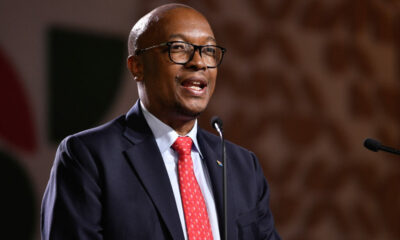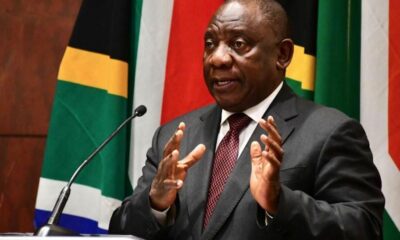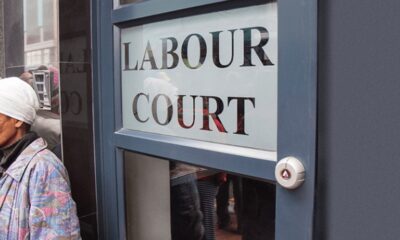Business
Cosatu Defends Employment Equity: A Crucial Step Toward a Fair and Inclusive South African Workforce

South Africa’s largest trade union federation, Cosatu, has come out strongly in support of the Employment Equity Act, calling it an essential tool in addressing centuries of entrenched racial and gender inequality in the workplace.
The union argues that Employment Equity is not just a moral imperative but a constitutional one. “This is precisely why the drafters of our Constitution — led by the African National Congress — made it clear that the state is obliged to actively address the legacies of the past,” Cosatu said in a statement.
This defence comes amid a legal challenge by the Democratic Alliance (DA), which is questioning the constitutionality of the amended Employment Equity Act — a move Cosatu has slammed as an electioneering stunt lacking both merit and sensitivity.
Setting the Record Straight on Equity Myths
Cosatu has dismissed claims circulating on social media and in political rhetoric that the Act will result in White, Coloured, or Indian workers being fired or denied job opportunities. “Nowhere in the Act or its amendments is it stated that any worker will lose their job,” the union asserted.
In fact, the latest amendments, passed in 2023, do the opposite — they aim to nudge employers towards more inclusive workplaces by setting modest demographic targets over a five-year period, with flexibility and exemptions built in for employers facing real challenges in meeting them.
Why Employment Equity Still Matters
While South Africa celebrates 30 years of democracy, deep inequalities remain entrenched in the economy. Cosatu highlights data from the Commission for Employment Equity, showing that over 60% of senior private sector jobs are held by White, mostly male employees, while African, Coloured, and female workers remain overrepresented in the lowest-paying jobs.
“If we are serious about dismantling South Africa’s world-record levels of inequality, we must ensure that race, gender, or disability no longer dictate someone’s future,” Cosatu said.
The amendments also include provisions for recognising regional demographic differences, making the Act more inclusive by reflecting the unique make-up of each province. Limpopo, for instance, differs drastically from the Western Cape, and any fair legislation must accommodate those nuances.
A Tool for Growth and Inclusion
Cosatu emphasised that the Act is not about punishing any group, but about creating space for all South Africans to thrive. It includes everyone — Black, White, Coloured, Indian, male, female, and persons with disabilities — and is grounded in the Freedom Charter’s vision that “South Africa belongs to all who live in it.”
The union also supports the requirement for employers who do business with the state to hold compliance certificates for both the Employment Equity and National Minimum Wage Acts. “It’s a smart way to reward good labour practices and discourage those who undermine the law,” Cosatu said.
Transformation, Not Tokenism
In a political climate increasingly dominated by misinformation, Cosatu has urged South Africans to cut through the noise and engage with the facts. Employment Equity, the union argues, is not a threat, but a pathway to a more just, productive, and inclusive economy — one where everyone has the opportunity to reach their full potential.
{Source: IOL}
Follow Joburg ETC on Facebook, Twitter , TikTok and Instagram
For more News in Johannesburg, visit joburgetc.com



























